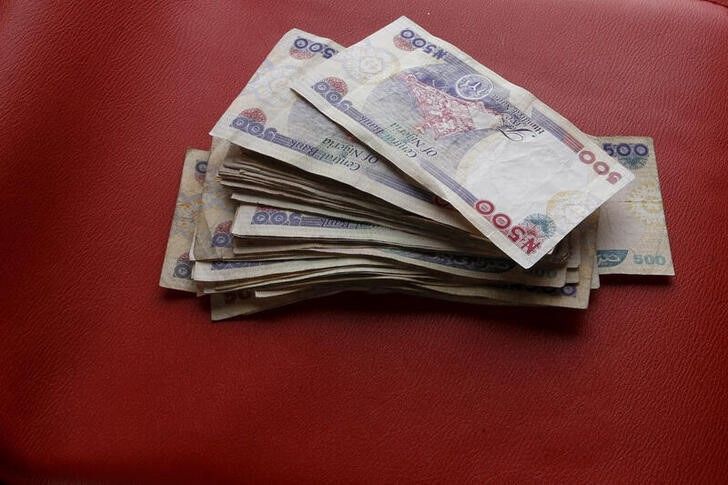
By Vuyani Ndaba

Nigeria and Kenya are likely to hike interest rates by a modest 50 basis points in the coming days after months of heavy lifting from other African central banks to try to calm rampant inflation, a Reuters poll found, while Ghana will hold fire.
This week’s benchmark interest rate decisions remain a very close call without any clear majority by analysts.
A scarcity of dollars is fuelling inflation in Ghana and Nigeria, as well as other parts of the continent like Ethiopia, and all are still licking their wounds from waves of rate increases in the United States that have siphoned away greenbacks and weakened domestic currencies.
“Tightening global financial conditions and continued dollar appreciation will set the tone for upcoming sub-Saharan Africa central bank decisions,” said Razia Khan at Standard Chartered, who expects action in both Nigeria and Kenya.
For Nigeria, a median of 10 analysts suggested rates would increase by 50 basis points (bps) to 14.5% on Tuesday. But while four respondents agreed with the median the rest were divided between no change and up to a 150 basis points lift.
The Central Bank of Kenya has been one of the least active in the continent in an election year that saw William Ruto sworn in as Kenya’s fifth president. Rates were expected to be hiked for a second time by 50 bps on Thursday, taking them to 8.0%.
But again, the outcome was a close call with the breakdown of 11 analysts showing five predicted no change, four saw a hike of 50 bps and two expected a 100 bps increase.
Like in South Africa, inflation has been high in Kenya although not as fast as in west Africa. South Africa increased its repo rate by 75 bps last week and similar hikes are expected in the next two quarters.
A median of nine analysts said rates would be held at 22.0% in Ghana. Five respondents said no change while the others expected a lift of between 100 and 300 bps.
The Bank of Ghana has hiked rates by 850 bps in the past year but that has not helped stop a slide in its currency which has been one of the worst performing emerging market currency, having lost over half its value this year.
“We expect inflation to peak in Q4, before starting to recede, while the cedi has started to move sideways in recent weeks,” said Pieter du Preez of Oxford Economics.
Consumer inflation in Ghana raced to 33.9% in August, its highest since 2001 and in the same month as a 300 basis point hike in interest rates to 22.0%, the largest lending rate increase in the country’s history.
Khan said given Ghana’s tightening was still feeding into the economy, “we no longer expect further imminent rate changes”.
Ghana’s central bank rescheduled its upcoming interest rate decision to Oct. 7 from Sept. 26 to coincide with the end of an International Monetary Fund mission to the country.